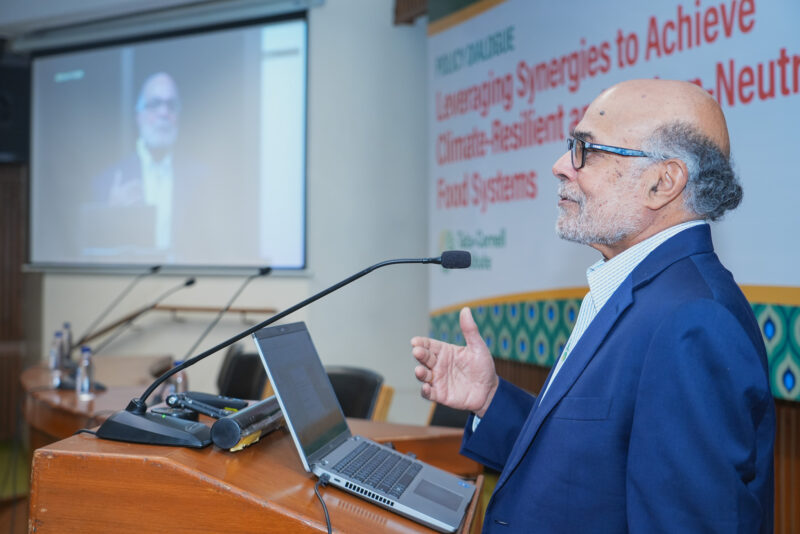TCI Op-Ed Stresses Importance of Farmer Producer Organizations

Strong farmer producer organizations (FPOs) are necessary if India’s small farmers are to take full advantage of a new set of laws liberalizing the country’s agricultural markets, say Tata-Cornell Institute (TCI) Director Prabhu Pingali and Assistant Director Mathew Abraham.
In an op-ed appearing in The Times of India, Pingali and Abraham write that the recently passed Farmers (Empowerment and Protection) Agreement on Price Assurance and Farm Services Bill (FAPAFS), Farmers Produce Trade and Commerce (Promotion and Facilitation) Bill (FPTC), and the Essential Commodities (Amendment) Bill have the potential to improve smallholder farmers’ income, but only if farmers create FPOs to overcome the inherent disadvantages posed by their small size. FPOs allow small farmers to increase their total size to access markets, credit, agricultural inputs, technology, and extension services.
“The easing of market restrictions will result in a private sector response in agricultural value chains. Cold chains, better connectivity, the establishment of grades and standards, and storage infrastructure will be in the private sector’s best interest while linking directly to farms,” Pingali and Abraham write. “But without strong FPOs, FAPAFS and FPTC will do little to improve smallholder market access by themselves.”
To help enhance the livelihoods of small farmers, TCI is studying FPO models to identify successful strategies for FPO formation and sustainability. With support from the Walmart Foundation, TCI’s Center of Excellence for FPOs will assess the FPO promotion experience of philanthropic actors, government, and private entities in India and Mexico. Learnings from these experiences will be used to formulate operational, context-specific models capable of improving smallholder income and welfare.
Read the full op-ed on TimesofIndia.com: “More farmer producer organizations are needed to unlock the potential of new farm bills”





